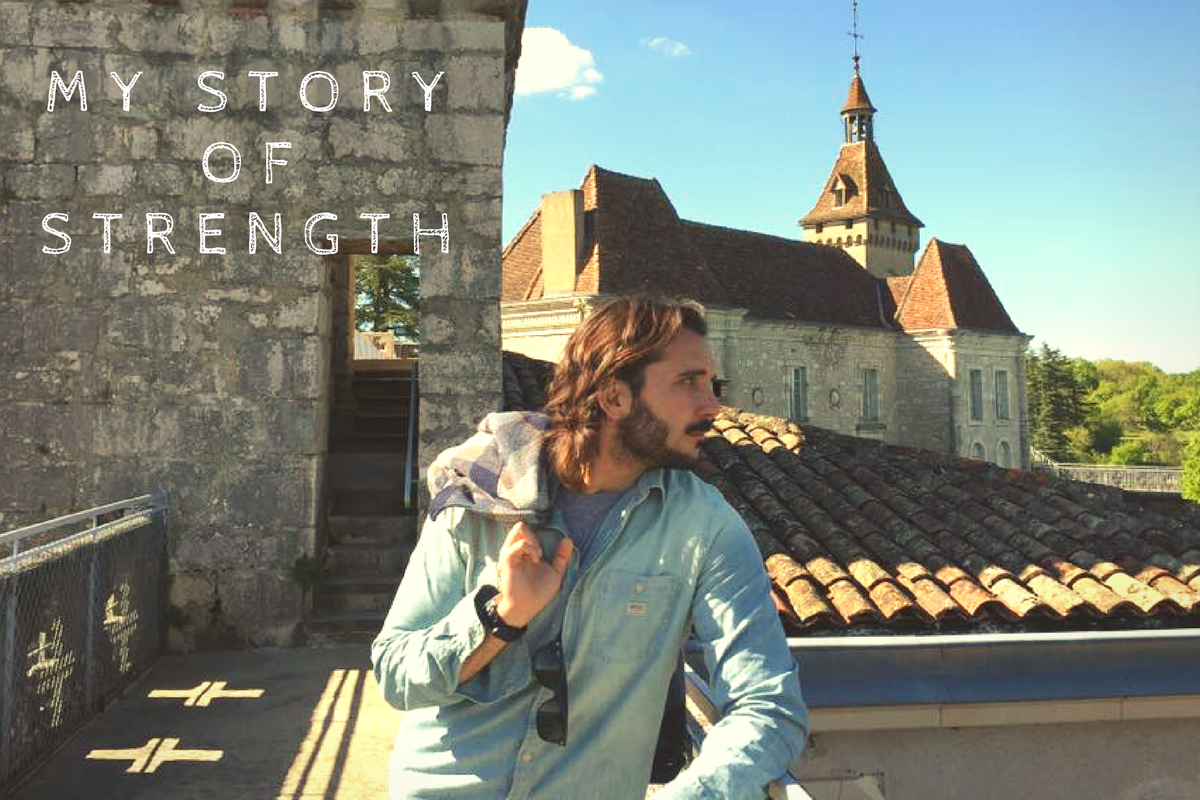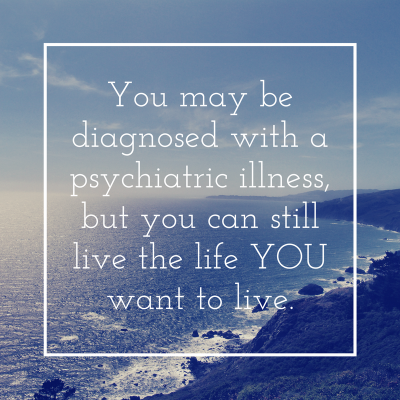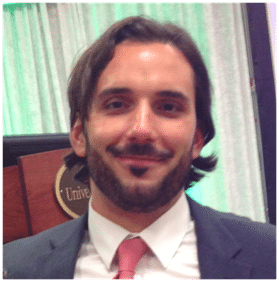Carlos: My Story of Strength

I first noticed changes in my mental health in adolescence. I remember my thoughts would sound like a broken radio switching between channels, and I often felt sad and alone for no reason. Self-medicating with drugs became a coping mechanism for emotional issues I didn’t know how to verbalize. Those behaviors coincided with normative, developmental changes like trying to find a peer group and sense of identity. I came to identify with various subcultures that included being a hippy, musician, and skateboarder. Despite excelling in school and accepting early admissions into Ohio State University College of Medicine, I continued to gravitate towards drugs as a means of connecting coping with life and connecting with people.
Going away to college for the first time was when my mental health issues surfaced. I realized being a Hispanic male was not the norm, as it was growing up in South Florida. I felt further like an outsider. I became depressed, gained 30-40 pounds, and found it difficult to get out of bed.
I also realized that having a natural aptitude wasn’t enough; I was no longer at the top of my class, and I didn’t have the coping skills to seek resources or professional support. Competing with medical school students and battling my own mental health led me to eventually call my mom in my second semester and tell her I needed to come back home.
Fortunately, coming home to my support network and having structure got me back on track. In the Hispanic community, the expectation is that recovery happens in your community. I finished an associate’s degree at a community college, and went away again for a bachelor’s degree on full scholarship at New College of Florida. I knew I still had a bright future, but I was also aware that something was still off.
I began having difficulty with my concentration and memory. I would stare at my computer screen, unable to finish assignments. I started to skip class and stay up all night rhyming lucid associations and exercising until the early morning. It was manic, endless energy. The high-risk behaviors came back; I was using drugs, getting in cars with strangers, and getting swept away by the party culture. I wasn’t able to recognize my limits or say. “It’s okay, I’m good.” I was put on academic probation and failed the following semester.
By my senior year I was a having a full-blown psychotic and manic episode. I was isolated from my community, neglecting my hygiene, and eating meals out of trash cans. I had a few moments of insight where I saw myself basically becoming a gravely ill, homeless person on campus, wandering the grounds at odd hours, talking to myself, rambling incoherently. I thought to myself, “this is not right, something bad is happening to me.”
In a moment that changed the course of my life, I had a meeting with my thesis advisor and my mom. My advisor said, “Carlos, you’re an adult. You have a right to privacy. I don’t have to discuss any of the academic or conduct violations you’ve had on campus.” I said, “With all due respect, I have a Cuban mother. I’ve never had the right to privacy.” All kidding aside, that moment opened the door for a frank and honest conversation about my school performance and mental health. It was my first step towards recovery.
It was tough, but I went home again and thanks to the tenacity of my mother, we saw a half a dozen mental health professionals until we were connected with what we coined “The Dream Team,” comprised of the top physicians and researchers at the University of Miami. After nearly six months, I was diagnosed with schizophrenia and prescribed medication.
“So what does this mean?” I asked my doctor. He said, “It’s up to you Carlos. If you take your medication and work towards your recovery, maybe you can still go back to school and graduate.”

In hindsight, I’m very fortunate that my team recognized the recovery model, empowering me to be a part of my health decisions and emphasizing that it was still possible to live a happy life, full of meaningful relationships and work. I took the reins of my own recovery, and went back to school, becoming a registered nurse. I am currently studying on scholarship to become a family nurse practitioner at the University of Miami.
I’ve learned through my personal adversity that framing difficult experiences in a positive, goal-oriented way is key. It is a challenge to manage the stressors and pressures of my profession, but I’ve maintained high aspirations and haven’t settled for less because of a diagnosis of schizophrenia.
Early on in my recovery, I decided that I wanted to make sense of the adversity I‘ve endured by helping others. Looking back, my advice to someone struggling would be, “Hey, a psychotic episode or manic episode may happen. You may be diagnosed with a psychiatric illness and yes, it will be challenging for sure, but you can still live the life you want to live.”
- Carlos

Strong365 guest blogger Carlos Larrauri grew up in Miami as the son of Cuban Americans who left political and economic struggle for a better opportunity in the United States. Carlos aspires to interface clinical practice, research and policy to reduce health inequities for people living with serious mental illness. Carlos is secretary of NAMI of Miami and serves on Strong365’s Advisory Board. You can learn more about Carlos and his work and advocacy at carloslarrauri.com.
The strength to persist and thrive through mental health struggles exists in all of us. 🫶🏽
Join our Strong365 Community on Instagram, Facebook, and Twitter to keep the conversation going. Or, learn how you can get involved to support us on our mission for mental health.
